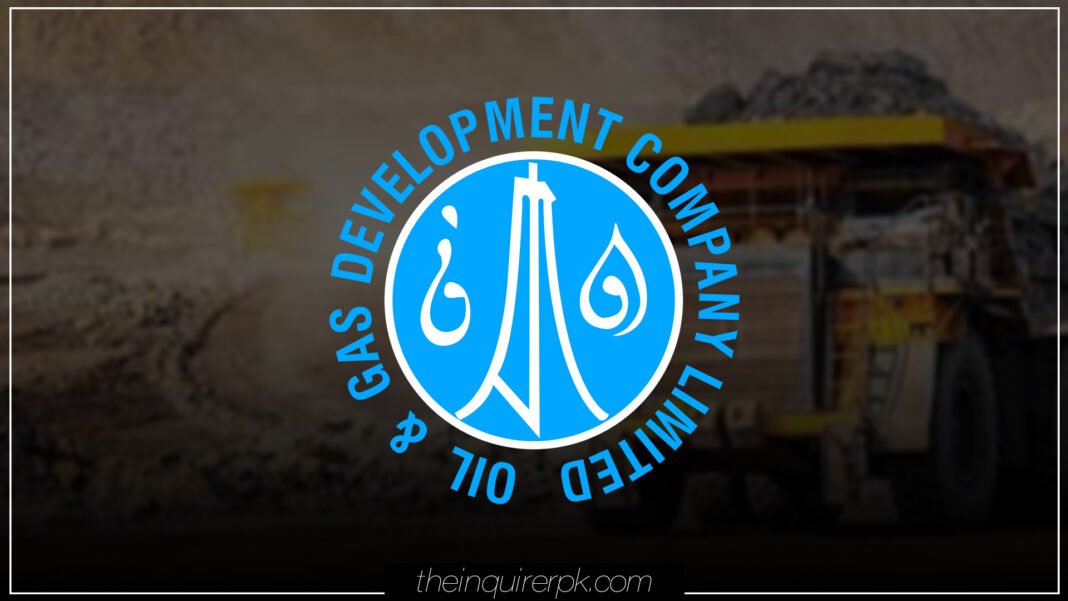The Center for Strategic Perspectives (CSP) at the Institute of Strategic Studies Islamabad (ISSI) organized a roundtable discussion on the theme “Accelerate Action: Strategic Imperatives for Advancing Gender Equality” to mark International Women’s Day 2025. Foreign Secretary Ambassador Amna Baloch participated in the event through a special video message.
In his welcoming remarks, DG ISSI Ambassador Sohail Mahmood highlighted the progress and challenges in advancing gender equality. Quoting UN Secretary-General Antonio Guterres, he acknowledged that while women and girls have broken barriers and defied stereotypes, their rights continue to be under attack due to emerging threats such as violence, discrimination, economic inequality and algorithmic bias.
He reiterated Pakistan’s historic commitment to women’s empowerment, inspired by the vision of Quaid-e-Azam Muhammad Ali Jinnah, and acknowledged the contributions of trailblazers like Mohtarma Fatima Jinnah, Raana Liaquat Ali Khan and Begum Shaista Ikramullah.
Pakistan has achieved significant milestones, including electing the first female Prime Minister in the Islamic world and appointing women to key positions in diplomacy, government, judiciary and international institutions. Ambassador Sohail Mahmood highlighted the gaps and shortcomings in the path of gender equality in Pakistan and around the world and stressed the need for urgent action to fill this gap.
He also stressed the importance of government, parliament, civil society, media, academia and think tanks working in harmony and said that ISSI will continue to serve as a platform to ensure that women’s voices are heard and their rights are protected.
In her message, Foreign Secretary Amina Baloch emphasized the important role of Pakistani women in global peace and cooperation, noting that more than 500 Pakistani women peacekeepers have served in UN missions. She also recognized the achievements of women entrepreneurs and artists who continue to inspire.
However, she acknowledged the persistent challenges, often including economic instability, climate change, and conflict, with women in occupied Jammu and Kashmir and Palestine facing severe hardship and human rights violations.
She stressed the need for urgent action, including the enactment and enforcement of laws to protect women’s rights, increasing women’s leadership representation, closing the gender pay gap, and ensuring access to quality education. She reiterated Pakistan’s unwavering commitment to equality, justice, and empowerment for all.
In her keynote address, Dr. Najiba Arif emphasized that gender equality is an urgent need that requires thoughtful action. However, equality should not be mistaken for uniformity. Rather than expecting women to conform to traditionally male-defined roles, their unique contributions across all sectors should be valued.
She emphasized that a critical approach should recognize the economic and social value of women’s work inside and outside the home. Institutional recognition and fair compensation for domestic labor can empower women and change societal perceptions. Future strategies should critically examine standards to avoid reinforcing old models.
A stable family unit is crucial for raising good people and promoting social cohesion. Drawing on welfare states that support full-time caregivers, policies should adopt a balanced approach that values diversity and promotes equal opportunities for all.
Professor Dr. Salma Malik of Quaid-e-Azam University emphasized that while Pakistan has a strong legal framework for the protection of women, its implementation remains weak, often turning the process of seeking justice into an ordeal due to social stigma.
Deep-rooted stereotypes further marginalize women, discouraging them from asserting their rights. She emphasized the need for gender equality as the foundation of gender equality and highlighted the lack of systematic mentoring as a major obstacle to women’s professional development and leadership.
Similarly, Mr. Rashid Chaudhry, National Coordinator of the Free and Fair Election Network, while emphasizing the need for genuine empowerment, highlighted the limitations of a symbolic approach to women’s political representation. She pointed out that electoral politics remains a patriarchal space, where systemic and cultural barriers limit women’s participation at all levels.
Reem Sharif, Deputy Director of the Transgender Protection Center, called for an informed conversation on gender diversity, emphasizing that gender is not binary. While Pakistan’s 2018 Transgender Rights Law was a milestone, significant gaps remain in ensuring full social and economic inclusion.
Ms. Alishba Khan stressed the importance of strategic investments in education, economic opportunities and legal protections to remove systemic barriers. Ms. Kosar Bano, a gender expert from Gilgit-Baltistan, highlighted gender disparities in mountainous areas, where women face extreme hardships, including limited access to clean water and education.
She warned that AI-driven changes and external influences are disrupting traditional roles and further marginalizing women in these remote areas.
The event concluded with a vote of thanks from Dr. Neelam Nigar, Director, Center for Strategic Perspectives (CSP), who moderated the discussion.


